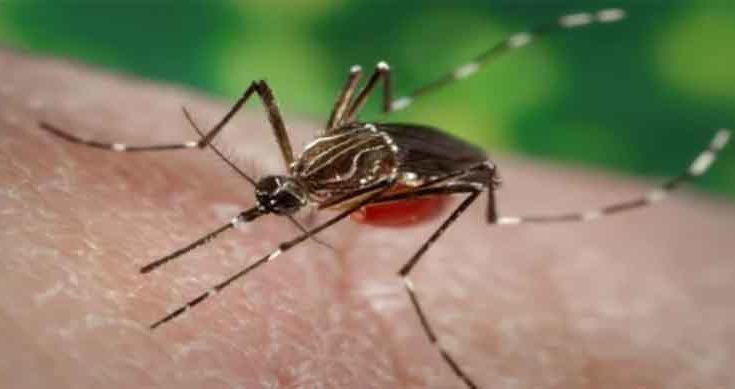WASHINGTON: Global warming could expose as many as one billion people to mosquito-borne diseases such as dengue and Zika by 2080, according to a study that examined temperature changes on a monthly basis across the world.
The news is bad even in areas with only a slight risk of having a climate suited for mosquitoes, because the viruses they carry are notorious for explosive outbreaks when they show up at the right place under the right conditions, according to the study published in the journal PLOS Neglected Tropical Diseases.
“Climate change is the largest and most comprehensive threat to global health security,” said Colin J Carlson, a postdoctoral fellow in Georgetown University in the US.
“Mosquitoes are only a part of the challenge, but after the Zika outbreak in Brazil in 2015, we’re especially worried about what comes next,” said Carlson.
The team, led by Sadie J Ryan of the University of Florida and Carlson, studied what would happen if the two most common disease-carrying mosquitoes — Aedes aegypti and Aedes albopictus — track and move as the temperature changes over decades.
According to the World Health Organization, mosquitoes are one of the deadliest animals in the world, carrying diseases that cause millions of deaths every year.
Both Aedes aegypti and Aedes albopictus can carry the dengue, chikunguyna and Zika viruses, as well as at least a dozen other emerging diseases that researchers say could be a threat in the next 50 years. (AGENCIES)


